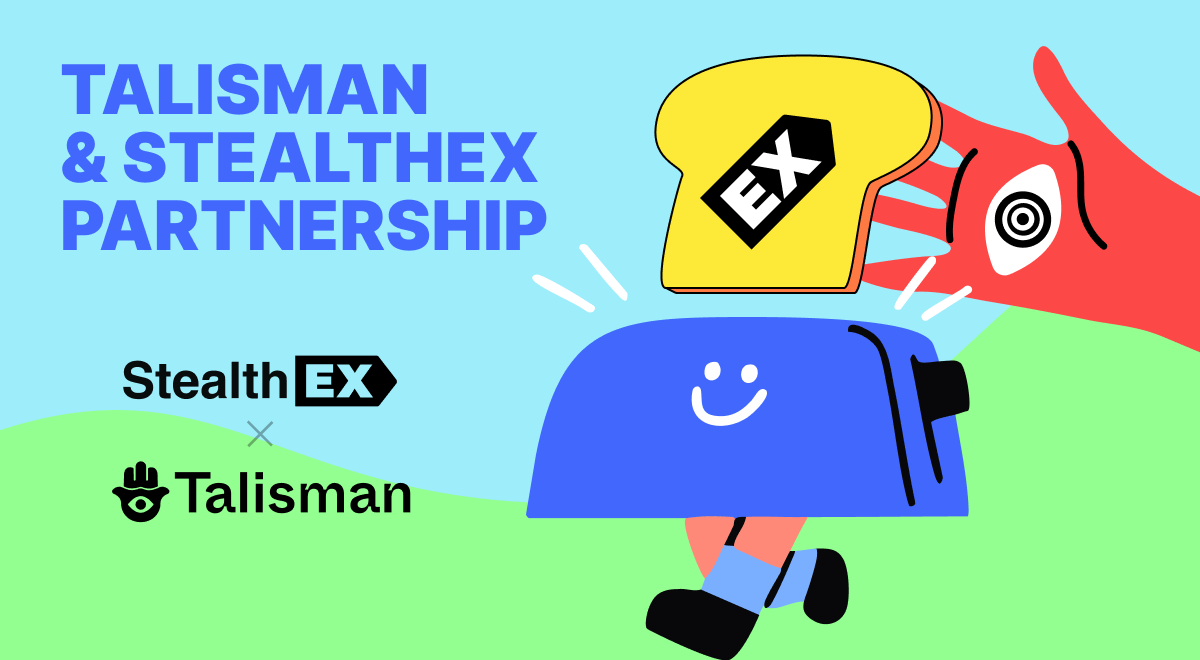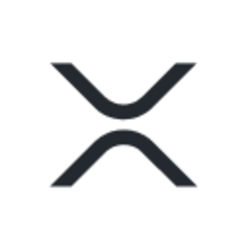Coin Launch Space is here to give you clear, accurate, and trustworthy information about crypto. Our team is made up of experts with real experience in crypto, finance, and new tech. Every article and page we publish is carefully reviewed by skilled editors to make sure it’s up to our high standards. We take pride in offering honest, easy-to-understand reviews based on real knowledge. Check out our editorial policy and see how we test and review crypto assets.
Wait, isn’t the whole point of the global NFT and crypto industry to become free of capital and global taxes on worldwide transactions? Well, not exactly, even though most people do believe that NFTs and crypto tokens are infact a way to avoid tax payments. Both NFTs and crypto tokens are digital assets valued based on their scarcity and integration of new technology. In both cases, capital gains are taxed. Now, let’s talk about NFTs which are heavily taxed based on their trading trends and base prices.
Non-fungible tokens more commonly known as NFTs are unique digital assets that can be owned, traded, and verified as one-of-a-kind assets. The launch of NFTs revolutionized the world of digital arts and music as artists can now sell their digital assets with verifiable ownership. But unlike crypto tokens, NFTs are one-of-a-kind which confirms that there is going to be just one NFT like this in the entire world. But whenever there is trade involved, taxes become inevitable.
NFT tax bracket and how it works?
There is no global tax bracket for NFTs-related trade, most of the countries have their tax regulations focusing on NFTs sales, trades, minting, and gifting. The wise thing to do is to contact a tax attorney and thoroughly discuss the NFT tax bracket in your country. Here’s how some prominent countries across the globe impose taxes on NFTs,
- France: Buying, minting, swapping and farming of NFTs is not taxable but if the capital gains are made in fiat currency, these gains will be subjected to taxation.
- Austria: The Austrian tax regulations have considerably changed in the context of crypto assets and their trade. However, NFTs are still taxed as per the old regulations and personal income tax is still imposed on capital gains through NFTs.
- Germany: NFT is considered as a token and you’ll have to pay your taxes following the personal income tax regulations. However, if the NFT is kept in possession for more than one year, it can be sold tax-free.
- United States: NFTs are treated as property, imposing capital gains and income tax.
- UK: You are required to pay capital gains tax on any profits made via NFT trading.
- Netherlands: NFTs are usually considered assets but in some cases, certain artworks can be exempted from the tax bracket.
Key points to look for in an NFT tax software
Remember, as there is no global tax bracket that deals with NFT-associated taxes and how to impose them, there isn’t a single NFT tax software that can provide excellent and effective services to NFT collectors around the world. To help you in selecting the right NFT tax software, we would suggest to keep the following points in mind,
Secure storage of user data and encryption of sensitive information
- Support for country-specific tax frameworks
- Support for NFTs and DeFi
- Individual tax form generation
- Support for all major cryptocurrencies and blockchains
- Automatic import of transaction data from exchanges, marketplaces, and wallets via API connection
- Ability to handle tax loss harvesting
- Identification and tracking of cost basis and capital gains/losses
- Support for inventory methods like FiFo
- Data visualization and reporting tools
- Ability to handle margin trading, futures, and derivatives trading
- Ability to handle forks, airdrops, and other complex transactions
- Manual import of transaction data via CSV upload
- Automatic tracking of your transactions
- Proper cost-basis tracking
Top NFT tax software to consider in 2024
Blockpit

Blockpit was launched back in 2017 as one of the pioneer companies offering NFT taxation solutions in Europe. Fast-forward to the year 2024 and the company now plays an active part in shaping NFT taxation policies across many European nations. The software offers a complex taxation system that allows its users to integrate their crypto assets and NFT assets directly via popular crypto exchanges. Apart from this, the country-specific taxation reports and automatic capital gains/losses calculation in accordance with the current base price are some of the most prominent features offered by Blockpit. Both DeFi and NFT protocols are facilitated by the software with dedicated customer support. Austria, Germany, Netherlands, The United States, Spain, France, Switzerland, and Belgium are countries where Blockpit services are available.
CoinTracker
![]()
CoinTracker provides DeFi and NFT support only on Ethereum and Solana, still, the software is super popular among NFT enthusiasts as many taxation-related features are free to use. The platform supports more than 300 crypto exchanges and around 8000 cryptocurrencies with the ability to generate tax reports in the free tier program along with auto sync. The UK, the US, India, Canada, and Australia are some of the countries where CoinTracker provides country-specific support while many other countries enjoy partial service support.
Koinly

If you are looking for crypto and NFT taxation software that specifically supports EVM chains and Solana, then Koinly is definitely going to be the best choice for you. Koinly provides generic tax report generation for 34 countries while supporting more than 20,000 cryptocurrencies across the globe. Plus, the platform is very well-known for its user-oriented interface.
Coinpanda

If you’re someone who knows that your transactions won’t exceed the set limit of 25 then Coinpanda is definitely the best choice for you. The platform can calculate capital gains for any country that uses the LiFO or the FiFO standard for calculating capital gains. Still, you can generate country-specific reports if you’re residing in the US, Canada, Norway, and Germany.
CryptoTaxCalculator

CryptoTax Calculator was founded in Australia back in 2018 and the software is very well known within the NFT and crypto community for its generous free version. You can generate tax reports for up to 100 transactions while accessing features like advanced reports, tax loss harvesting, or priority support in around 22 specific countries across the globe.
Zenledger

Another prominent NFT and crypto taxation software that was founded in 2017. The software offers full NFT and DeFi support via a subscription model. Sure, the model is infact quite costly but it effectively takes almost every aspect of NFT taxation from your hands and automates it. But, we would like to mention that Zenledger’s services are more focused on the US market but the platform does offer generic report generation features if the FiFO, LiFO, or the HiFO capital gains model is being used.
Taxbit

Taxbit was founded back in 2018 but the platform is quite limited in the context of the features it actually provides. However, Taxbit is completely free and a great tool to use if you’re in the US or in a region where a similar tax bracket is used.
TokenTax

Established in 2017, TokenTax has been at the forefront of enhancing accessibility to decentralized finance (DeFi) by offering a user-friendly and uncomplicated solution for crypto taxes in the US, UK, and Canada. Its inaugural version, introduced in 2017, facilitated direct data importation from Coinbase, a feature that remains a cornerstone of the basic plan. Presently, TokenTax’s solution continues to prioritize Coinbase and Coinbase Pro accounts. The platform boasts an intuitive interface and includes a tax-loss harvesting feature, accessible through premium plans or higher.
Why is choosing the right software important?
Well, it is important to choose the right taxation software as you definitely have to pay your due NFT-associated taxes, regardless of where you’re currently residing in the world. Now, you can either choose a popular software that doesn’t support the blockchain your NFT is currently hosted on, or you can choose the right taxation software supporting your NFT blockchain as well as generating both generalized and country-specific reports.
Final Note
One thing is quite certain, selecting the right taxation software will definitely save you both time and money, However, you need to keep the above-mentioned points in mind to select the right software or it will just be another financial burden for you in the long run.
Related Topics
Top crypto venture capital firms
Disclaimer: The content provided reflects the authors personal opinions and is influenced by current market conditions. Conduct thorough research before making any cryptocurrency investments. The author and the publication are not liable for any financial losses you may incur.























